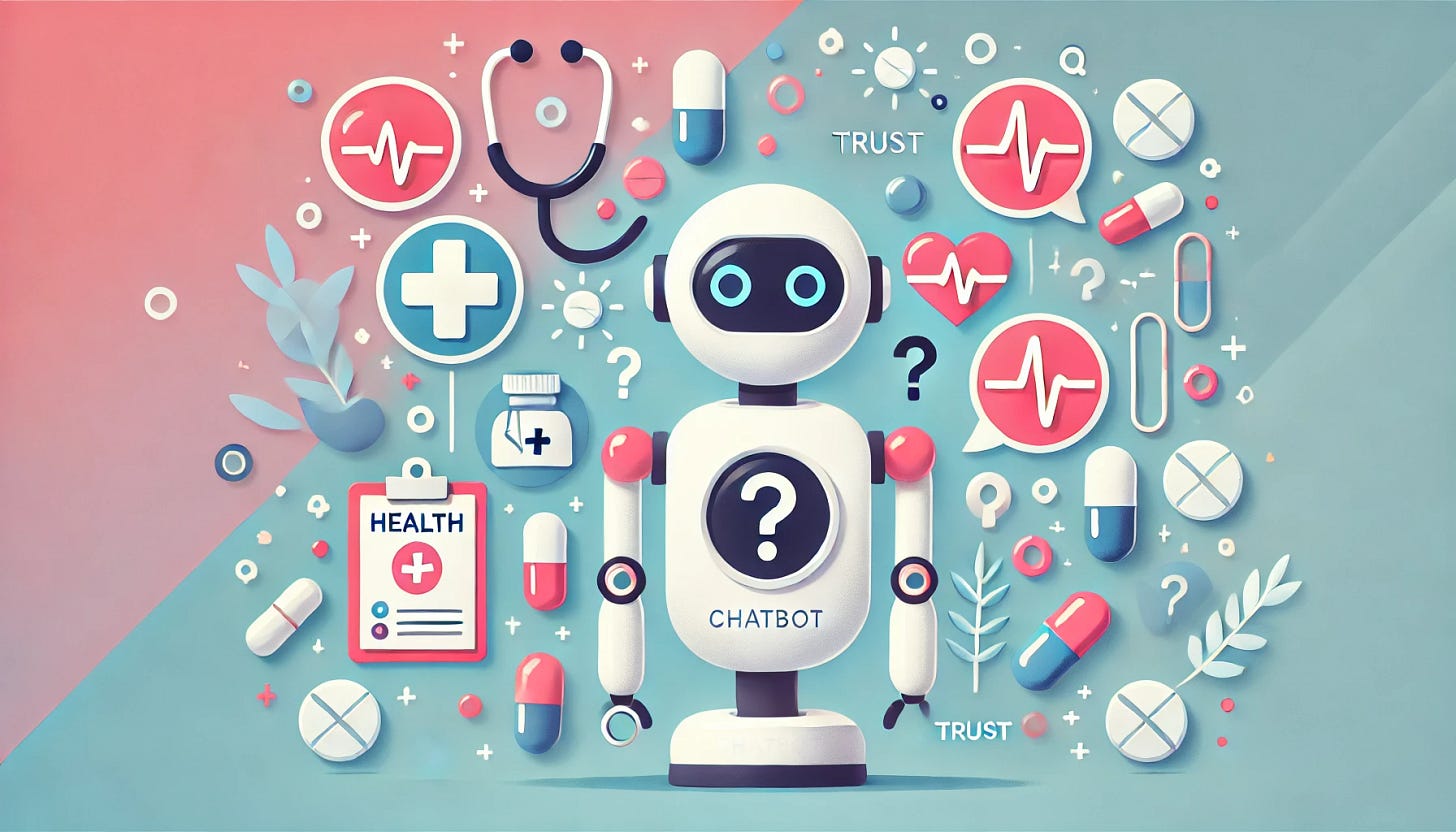AI Med Pulse
Julius AI Data Analysis , AI Policies in Academic Publishing, Trust in AI Health Info
Audio version powered by NotebookLLM
Julius AI: Revolutionizing Data Analysis for All Skill Levels
Julius AI is changing the game in data analysis by making advanced tools accessible to everyone, regardless of expertise. Whether you’re handling business analytics, healthcare data, or marketing stats, Julius AI turns raw data into actionable insights through intuitive charts, graphs, and detailed reports.
Ready to dive in? Sign up using this link and start transforming your data today!
How to Get Started:
Upload your data file or connect to Google Sheets.
Start a conversation with Julius to analyze and visualize your data using simple, natural commands.
Generate insights instantly, whether you need complex sorting or easy-to-understand bar charts.
Pricing Plans:
Basic: $20/month, perfect for light users.
Essential: $45/month, the most popular plan with unlimited messages.
Team: $70/month per member, built for organizations.
AI in Academic Publishing: Policies from Elsevier, Springer Nature, and Cureus
As AI tools like ChatGPT gain traction in academic research, top journals are setting boundaries to ensure responsible use. Let's dive into the AI-related policies of three major publishers—Elsevier, Springer Nature, and Cureus—focusing on AI authorship, content creation, and peer review.
AI authorship is a no-go. All three publishers prohibit listing AI as an author since it lacks the capacity for responsibility. Elsevier, Springer Nature, and Cureus allow AI to assist with grammar and readability, but content generation must be human-driven.
Language vs. research content: AI can polish writing, but it’s strictly banned from fabricating research conclusions. Cureus, for instance, is clear that while AI can edit, it shouldn’t alter intellectual content.
AI in peer review? Not yet. These publishers agree that AI isn’t ready to replace human expertise in evaluating research due to bias and confidentiality risks.
The bottom line is that AI is a helpful tool for researchers, but human accountability remains non-negotiable.
AI & Health Info: Trust Issues?
The latest KFF Health Misinformation Tracking Poll sheds light on how Americans interact with AI for health information. While two-thirds of adults have used or interacted with AI, only one-third do so regularly. Surprisingly, a majority (56%) say they lack confidence in their ability to distinguish fact from fiction when using AI chatbots for health advice.
AI + Health = Trust Issues
A mere 29% of adults trust AI bots like ChatGPT to provide reliable health info. This trust is higher for tasks like tech advice (48%) or home maintenance tips (54%), but skepticism dominates the health sector. Even among AI users, just 36% trust AI for accurate health advice.
Is AI helping or hurting health information seekers? The jury's still out—55% of adults say they aren’t sure of its impact, while 21% think it helps, and 23% believe it hurts efforts to find accurate information.







